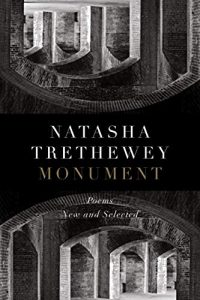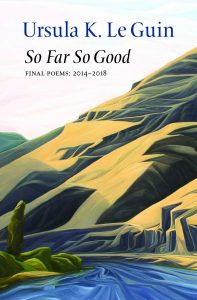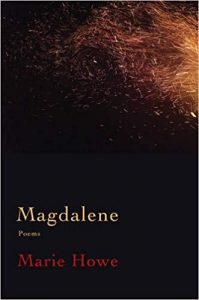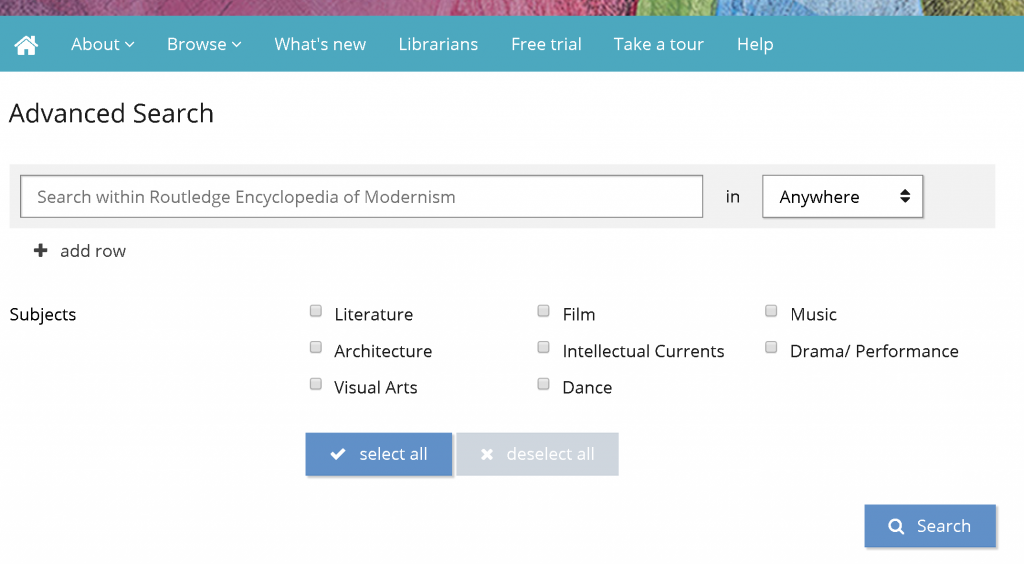Posted on behalf of Matthew Roberts, English Librarian
The Literatures and Languages Library celebrates African American History Month with Natasha Trethewey’s retrospective volume, Monument: Poems New and Selected. The monograph, which features poems from Domestic Work (2000), Bellocq’s Ophelia (2002), and the Pulitzer Prize winning, Native Guard (2006), introduces readers to Trethewey’s unflinching ability to observe how the remnants of both personal and historical traumas live on in the American landscape and imagination.

Cover art for Monument., by Natasha Trethewey. Links to Catalog record.
Location: Literatures & Languages New Books
Call Number: PS3570.R433 A6 2018
In this work, the reader will confront a complex poetic engagement with the topic of memory, as Trethewey’s poetry poignantly observes how the past and future survive contemporaneously in the present. This feature of Trethewey’s work appears explicitly throughout Native Guard, a collection that, among other things, examines the legacy of the all black Louisiana Native Guard, which protected the Union fort on Ship Island during the American Civil War. For instance, the poem “Theories of Time and Space,” informally addresses the reader, and offers some direction as to the roads that one might take while reading the collection:
You can get there from here, though
there’s no going home.
Everywhere you go will be somewhere
you’ve never been. Try this:
head south on Mississippi 49, one—
by—one mile markers ticking off
another minute of your life. Follow this
to its natural conclusion—dead end
at the coast, the pier at Gulfport where
riggings of shrimp boats are loose stitches
in a sky threatening rain. Cross over
the man-made beach, 26 miles of sand
dumped on a mangrove swamp—buried
terrain of the past. Bring only
what you must carry—tome of memory
its random blank pages. On the dock
where you board the boat for Ship Island,
someone will take your picture:
the photograph—who you were—
will be waiting when you return
This photograph of who you were will be waiting for you, waiting for you in some future time and some future place. And yet, the past always waits, waits for one to return to it. But insofar as it waits, the past is not solidified, not set in stone like a monument. In this regard, the subjects of Trethewey’s poetry—for instance slavery, miscegenation, the Civil War, or socio-economic disparity—do not capture who ‘we’ as a nation were, but rather portray who ‘we’ as a nation are. Rather than a reference to the past and a symbol of completion, Monument waits for its readers, sending them on a journey from which there is no return.


















